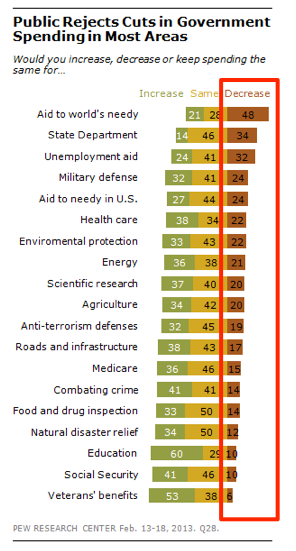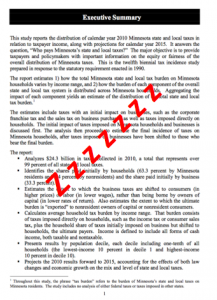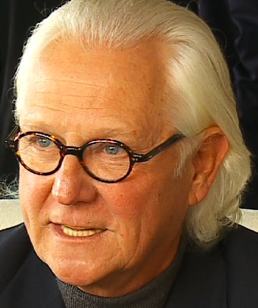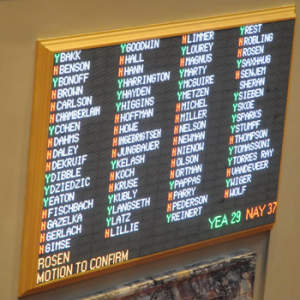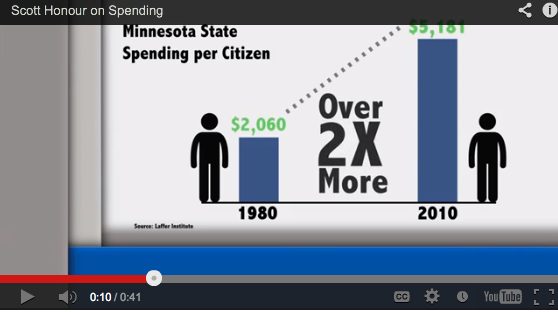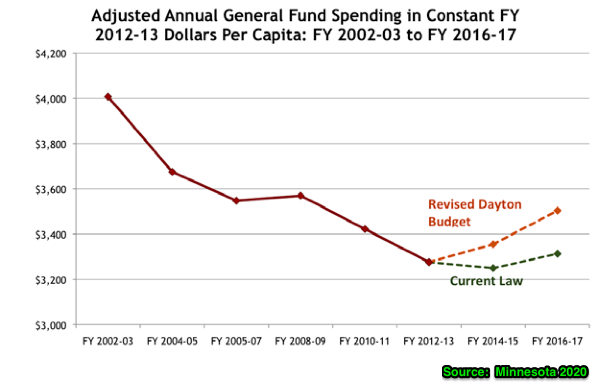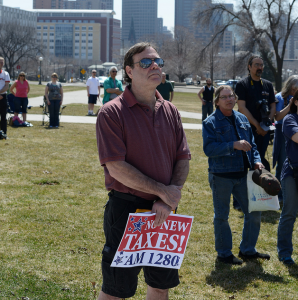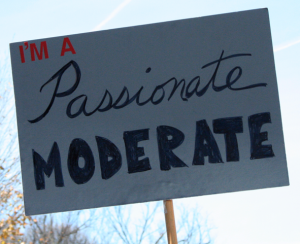 Peter Waldron, the evangelical Christian minister and former adviser to Minnesota U.S. Representative Michele Bachmann in her 2012 presidential bid, has accused the Bachmann campaign of a series of illegal and unethical acts. Waldron’s charges have been made in discussions with federal investigators and in Waldron’s recently released digital book, Bachmannistan: Behind the Lines.
Peter Waldron, the evangelical Christian minister and former adviser to Minnesota U.S. Representative Michele Bachmann in her 2012 presidential bid, has accused the Bachmann campaign of a series of illegal and unethical acts. Waldron’s charges have been made in discussions with federal investigators and in Waldron’s recently released digital book, Bachmannistan: Behind the Lines.
In a response published in the Star Tribune this morning, the Bachmann campaign gave the evangelical minister some old fashioned fire and brimstone:
“This former staffer with an ax to grind has been peddling these same reckless falsehoods, half-truths, and innuendos for well over a year in his attempt to maliciously smear Congresswoman Bachmann’s name,” finance chairman James Pollack said in a statement released by the campaign. “Doing this to someone of her immense character is despicable. Whether his motivation is an attempt to selfishly get 15 minutes of fame or reap an economic benefit on this e-book, it is unconscionable.”
 Despite the Bachmann campaign’s blistering attack, Waldron apparently is a turn the other cheek kind of guy. He told Wry Wing Politics in an email this morning that he prays every day for Bachmann and her husband Marcus.
Despite the Bachmann campaign’s blistering attack, Waldron apparently is a turn the other cheek kind of guy. He told Wry Wing Politics in an email this morning that he prays every day for Bachmann and her husband Marcus.
“Of course, I pray for Michele and Marcus daily. They are my brother and sister in Christ, their health, family, and future are the areas about which I pray. God is abounding towards them at all times to love, care, and provide for them.”
On Pollock, Waldron says:
“With regard to Mr. Pollack’s effort to discredit me or our book is to simply say that I forgive him. There is one, Jesus Christ, who has forgiven me of my sins. I must forgive Jim Pollack with the same love that our Lord showed me.”
As for the the Bachmann team’s accusations that Waldron was motivated by financial gain, Waldron pointed out to Wry Wing Politics that a portion of the proceeds from the book will be donated to a church.
“I am a lifelong tither. The work of the local church is critical to the Lord’s work in the community and nation.”
The Merriam Webster Dictionary says the definition of the verb tithe is “to pay or give a tenth part of especially for the support of the church.” That leaves 90% of the proceeds for other uses. Still, at a relatively modest list price of $2.99 on Kindle, it’s unlikely that Waldron will achieve Stephen King-like financial status anytime soon.
Despite the firestorm Waldron encountered during his last foray into politics, the minister told Wry Wing Politics that he remains interested in working on more presidential and congressional campaigns:
“Yes, I will work for another presidential candidate, the Bachmann for President campaign was an anomaly in the context of my previous experience on campaigns for the House, Senate, and OPUS.”
Bachmannistan is available to Kindle users on amazon.com.


